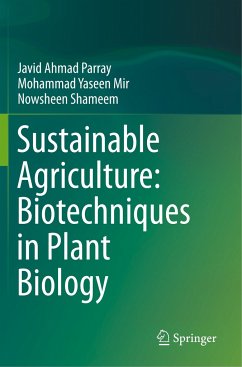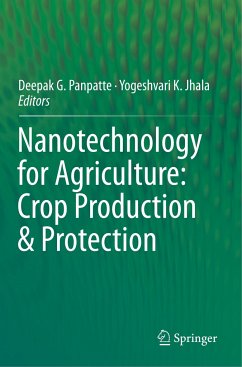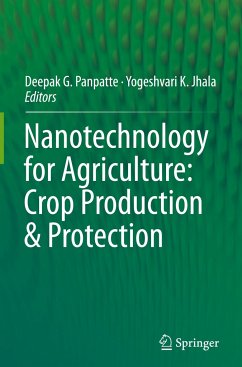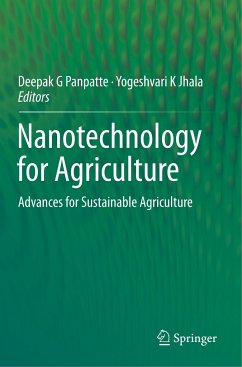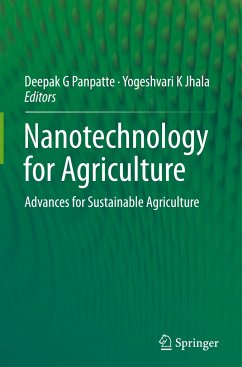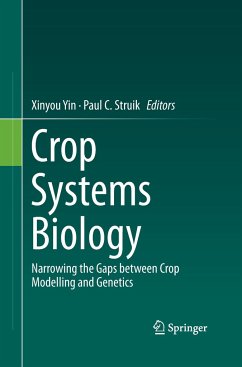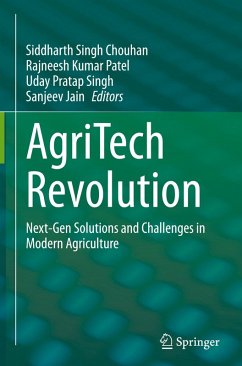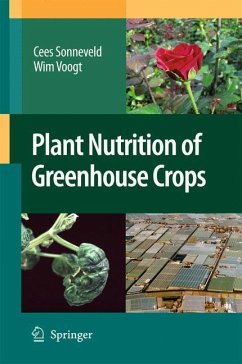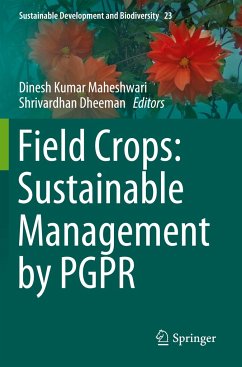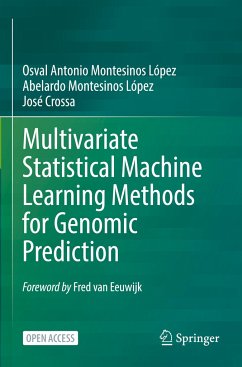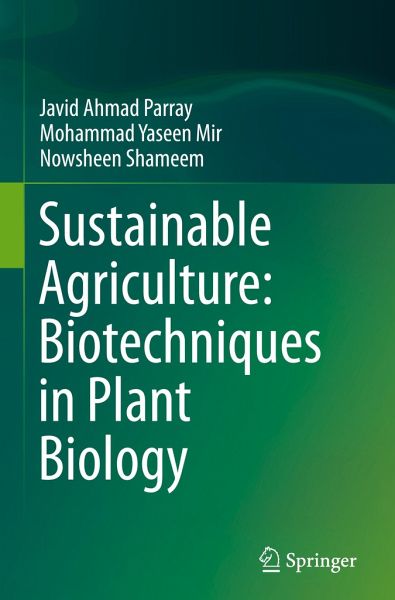
Sustainable Agriculture: Biotechniques in Plant Biology
Versandkostenfrei!
Versandfertig in 6-10 Tagen
115,99 €
inkl. MwSt.
Weitere Ausgaben:

PAYBACK Punkte
58 °P sammeln!
This book will be of immense helpful to the students of plant biotechnology, Agricultural sciences, Microbiology of both undergraduate and postgraduate levels in universities, colleges, and Research institutes. Besides the book will be quite supportive researchers who work in the field of plant biotechnology and agricultural sciences. In this book, the main focus will be on advanced genome editing approaches for the production of GM crops besides their socioeconomic, ethical and risk-biosafety assessments. Nanotechnology is the new emerging and fascinating field of science finds its applicatio...
This book will be of immense helpful to the students of plant biotechnology, Agricultural sciences, Microbiology of both undergraduate and postgraduate levels in universities, colleges, and Research institutes. Besides the book will be quite supportive researchers who work in the field of plant biotechnology and agricultural sciences. In this book, the main focus will be on advanced genome editing approaches for the production of GM crops besides their socioeconomic, ethical and risk-biosafety assessments. Nanotechnology is the new emerging and fascinating field of science finds its application in almost all the major research areas and its uses in agriculture and food sectors are incipient.The books seems to be first in summarizing the two way interactive approach in the field of plant biotechnology and setting of a new arena in shaping the new bio techniques towards the sustainable cause.



